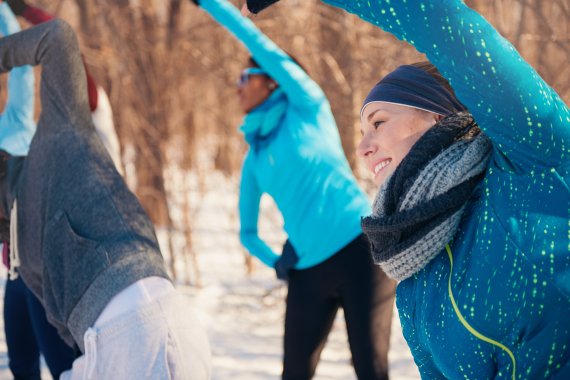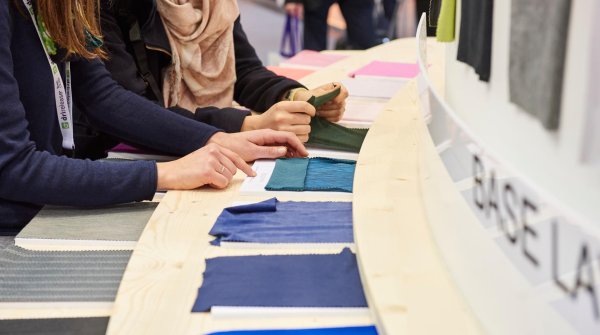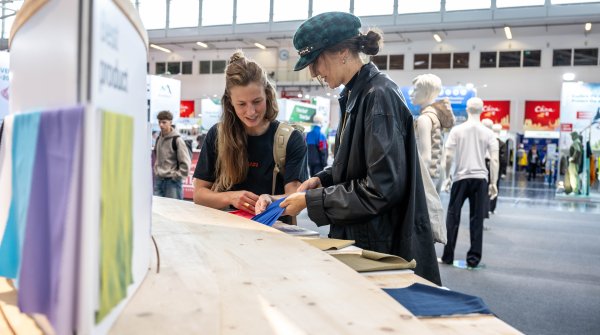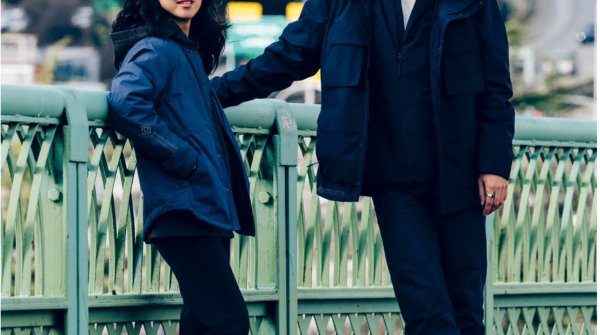
Oeko-Tex has released the results from a commissioned "The Key To Confidence" online study, where more than 11,000 clothing and home textile consumers participated globally. Of the total sample, approximately 30 per cent fell into the age group born between 1981-2000, otherwise known as Millennials, in line with the global population. The results were interesting confirming that Millennials think differently about textile sustainability and how parenthood affects those attitudes.
Due to their internet and social media usage, Millennials are more aware of the textile industry’s environmental and social shortcomings than older respondents. They are more inclined to consider the textile industry to be a major polluter. As a result, Millennials are much more concerned about harmful substances in their clothing and home textile products.
Due to their internet and social media usage, Millennials are more aware of the textile industry’s environmental and social shortcomings than older respondents. As a result, Millennials are much more concerned about harmful substances in their clothing and home textile products.
Parenthood tends to intensify worries about all things. Parents of young children in particular voice concerns about harmful substances in a wide variety of products, but especially in home textiles and apparel. Parents’ product safety qualms outpace the concerns of non-parents. Their awareness of and reported purchase of “eco-friendly” clothing and home textiles is substantially higher than people without young children in the house.
As featured in the mega trend from ISPO Textrends, ‘Blind Faith’, consumers are much more aware of what is happening in the textile industry, what is available and how we can overcome past misdemeanors, however, whilst they are increasingly aware of new developments they hold their brands responsible to do the right thing. Correspondingly, interest in certified textiles is higher with both Millennials and Parents.
“Both of these time-starved consumer groups are seeking shortcuts to trust and transparency”, says global brand and sustainability research expert, Ellen Karp. “Millennials and Parents want to do the right thing for society and the planet as well as for their families. Brands and certifiers play important roles in communicating the information that helps these engaged consumers make the responsible purchase decisions they are eager to make.”
“At Oeko-Tex we are excited to share these findings with our customers and with the textile industry in support of our 25-year mission to help companies and consumers make informed decisions,” said Anna Czerwinska, Head of Marketing and Communication at Oeko-Tex. “The information reinforces the important role that independent Oeko-Tex certifications and labels can play in helping Millennials and Parents select sustainable textile products that are better for their families and the planet.”
- ISPO awards
- Mountain sports
- Bike
- Design
- Retail
- Fitness
- Health
- ISPO Job Market
- ISPO Munich
- ISPO Shanghai
- Running
- Brands
- Sustainability
- Olympia
- OutDoor
- Promotion
- Sports Business
- ISPO Textrends
- Triathlon
- Water sports
- Winter sports
- eSports
- SportsTech
- OutDoor by ISPO
- Heroes
- Transformation
- Sport Fashion
- Urban Culture
- Challenges of a CEO
- Trade fairs
- Sports
- Find the Balance
- Product reviews
- Newsletter Exclusive Area
- Magazine







